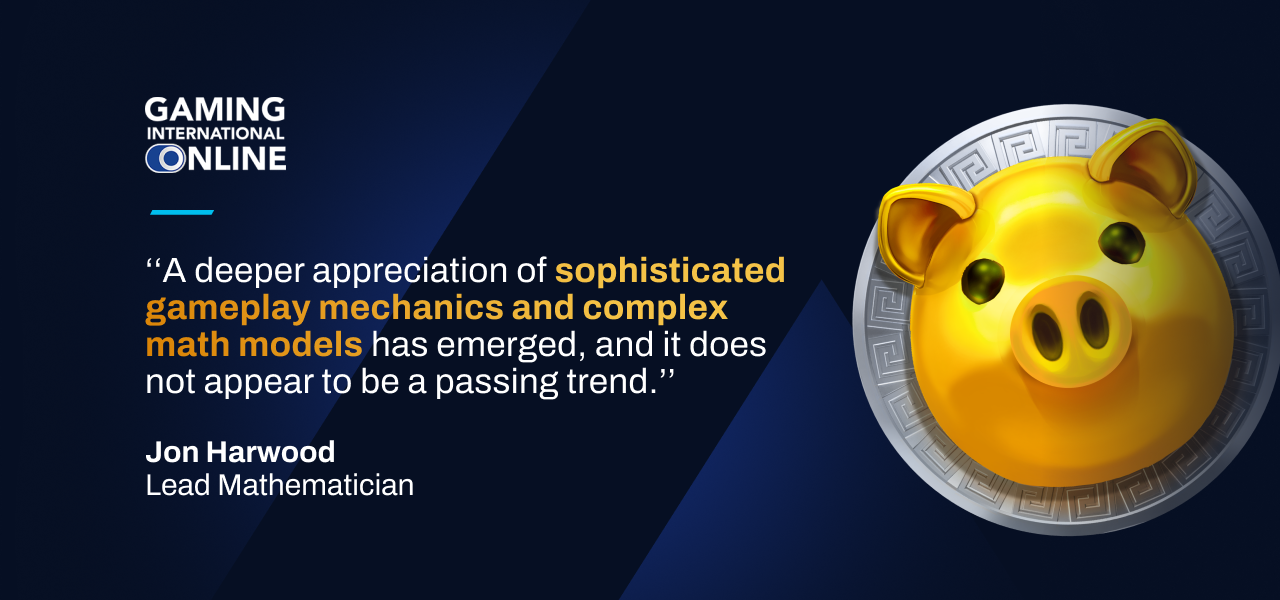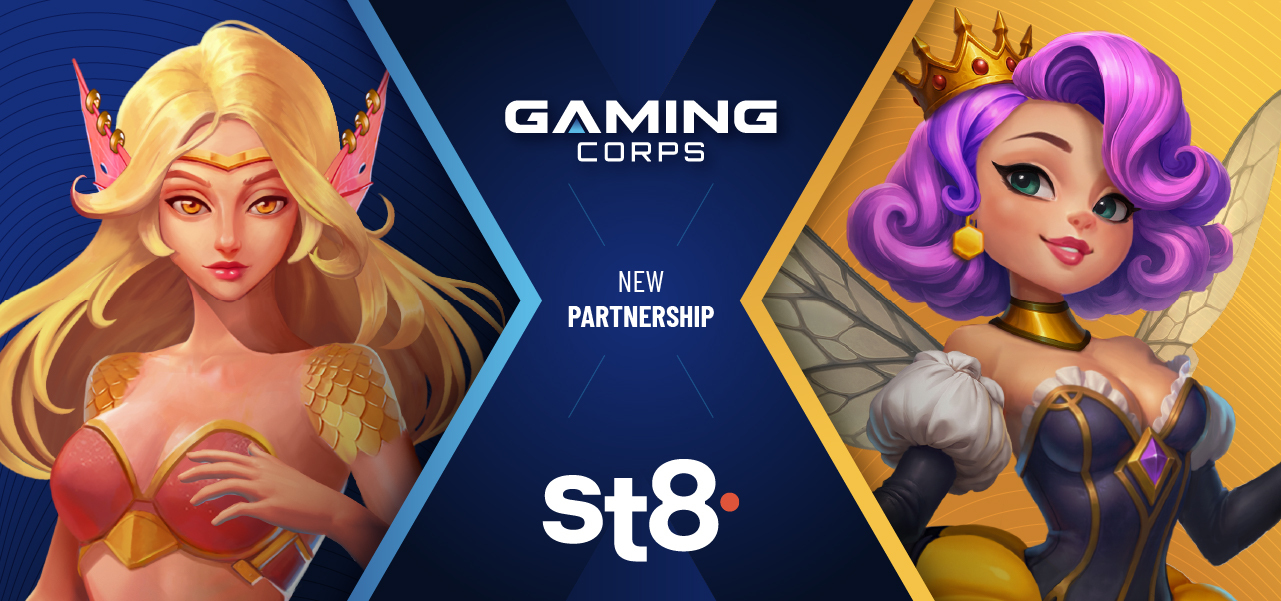As a mathematician, I have seen a considerable shift in focus in the iGaming world in recent years. Whereas creative themes and dazzling visuals once dominated, the industry’s spotlight has decisively shifted. Today, maths models and innovative gaming mechanics are often placed front and centre, fuelled by an increasing player demand for more engaging and immersive gameplay experiences.
While traditional free spins bonuses and wild multipliers are always going to have their place, players now crave gameplay that pushes boundaries and offers new experiences.
Pushing Boundaries
At Gaming Corps, we have consistently attempted to fulfil that need. Games like this year’s Gates of Hellfire perfectly embody this philosophy. We aimed to develop a game with video-game-like mechanics, offering a more immersive experience for players that was not just a traditional slot game.
We have also seen great success with features like Smash4Cash™, a mechanic we are particularly proud of. This ties in with the increasing demand for arcade-like gameplay experiences, and its simple playability also lends itself well to streaming and social gameplay.
While Gates of Hellfire and Smash4Cash™ are vastly different on paper, they both highlight the need for innovation and players’ desire for something that breaks the mould. All of these innovations, of course, begin with the game’s maths.
Player Demands
Player demands evolve rapidly, and if a studio wants to remain on top, it needs to be able to stay ahead of these changes. One area that perfectly highlights this is volatility. When Megaways first hit the scene in 2016, it was revolutionary. Players had not experienced volatility like it, and they were hungry for more.
Fast-forward a little under a decade, and Megaways, as fun as it still is, is now considered tame in comparison to the sort of volatility offered in modern games. The rise in things like streaming and bonus buy features has empowered players to engage with extremely volatile games in a new and exciting way.
That said, there will always be demand for more traditional, low-volatility action, with many instant-win and casual games often having much less intense math models. The way people play has evolved significantly, and as mathematicians and game designers, we need to be ready to cater to that at both ends of the spectrum.
The Collaborative Process
By its nature, the game-creation process is highly collaborative. Despite common stereotypes, mathematicians aren’t just tucked away in backrooms playing with calculators and spreadsheets. We have to work in sync with designers, artists, and developers from day one.
It is not uncommon for us to encounter challenges, whether it’s the math model not quite fitting with a theme or an idea just not being viable. This is where heads need to come together, and we need to work constructively to achieve our goals. Collaboration is crucial here, and everyone plays an important role.
Ultimately, the math alone will not be enough to sell a game,but these days, neither is a theme, so we need everything to align to create something that genuinely resonates with players. iGaming is not about delivering wins; it’s about delivering the dream of wins, and an engaging mechanic, combined with a captivating theme and story, will deliver exactly that.
The Future
As we’ve already touched upon, innovation is moving at a rapid pace across the industry. One area I’ve already touched upon is the increased demand for arcade mechanics in slots and the rise of crash-style gameplay. This is a space that I, as a mathematician, am incredibly interested in, and one that aligns with Gaming Corps’ creative direction.
On the slot front, we are also seeing a wave of meta-progression mechanics. We at Gaming Corps have played our own role in this movement, with 3 Pigs of Olympus Bonus Pot being one of our most popular titles in recent times. These systems are only going to grow in popularity, with progression-based mechanics striking a nerve with modern audiences. You can expect these to be a more consistent part of the online slot experience over the next few years.
Conclusion
All of the developments outlined in this highlight a significant shift in the way players view gaming. A deeper appreciation of sophisticated gameplay mechanics and complex math models has emerged, and it does not appear to be a passing trend.
As the industry continues to expand into new markets and becomes even more intertwined with social media and streaming, the role of mathematicians can not be understated. Innovation in this area is going to be the key to unlocking a new era in iGaming, and I could not be more privileged to be a part of it.














































